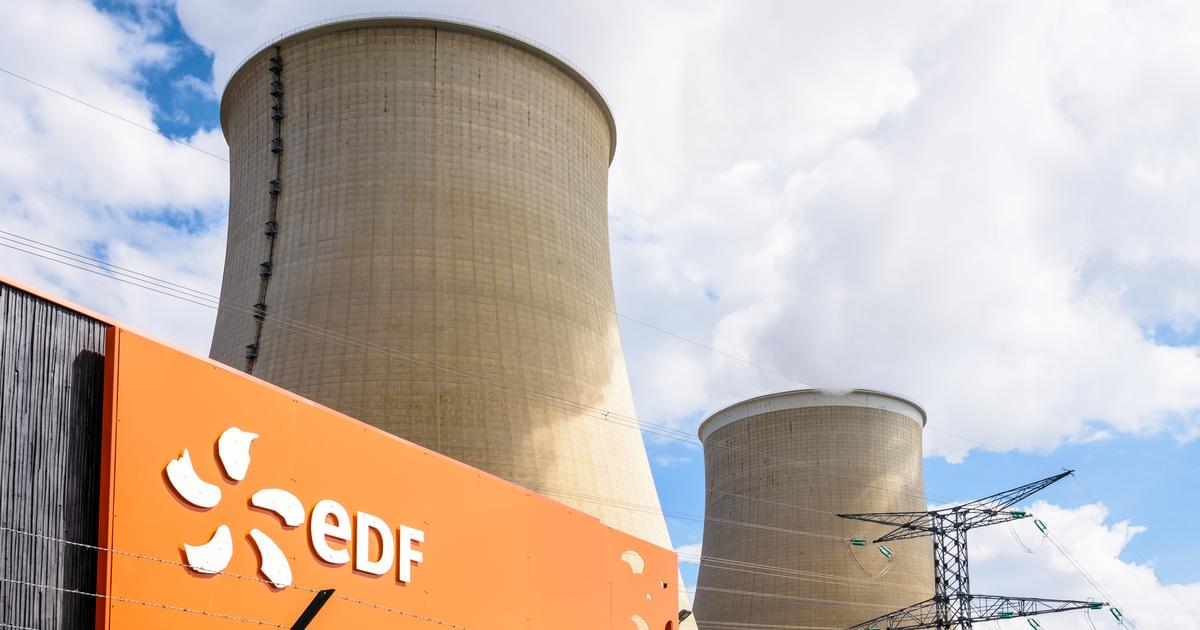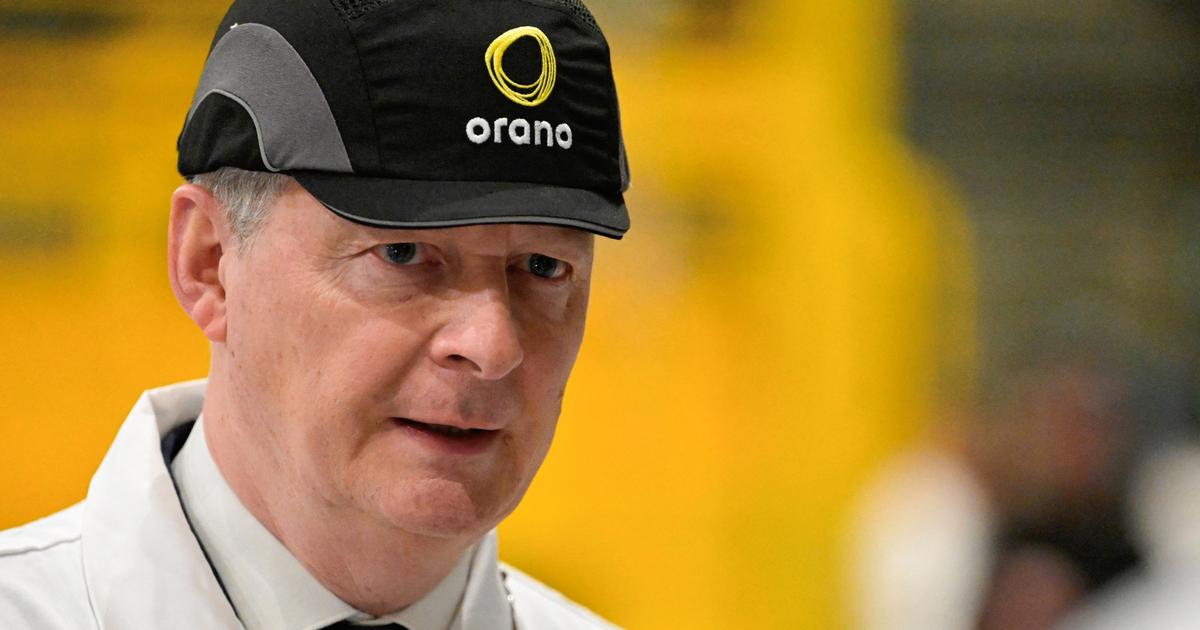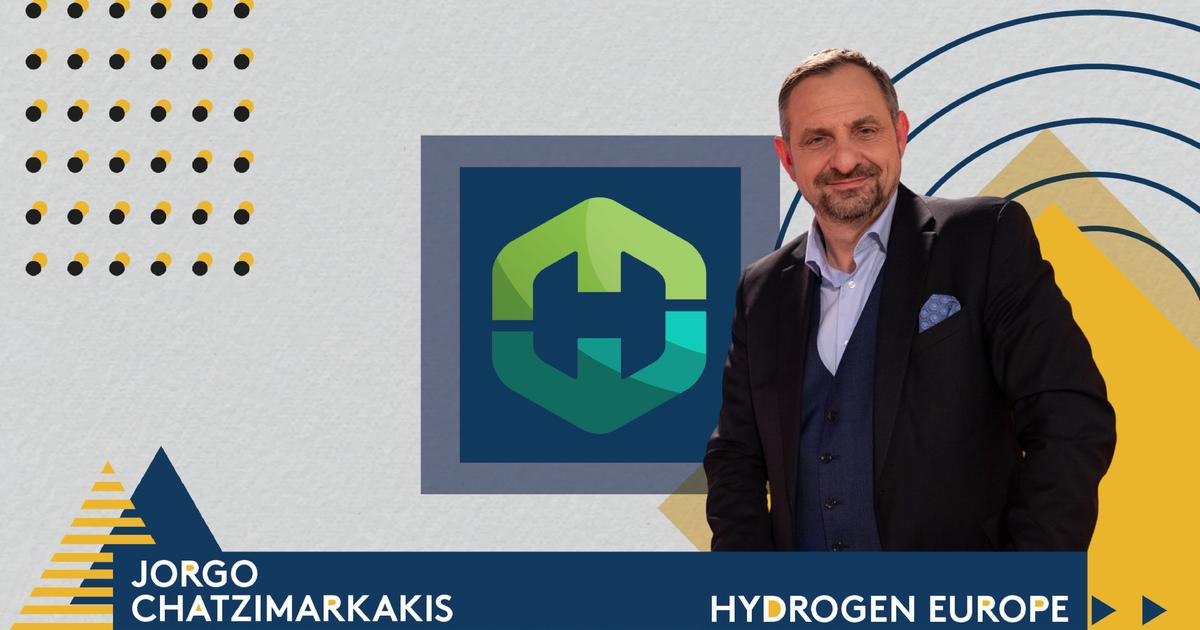Samuel Furfari is Professor of Geopolitics of Energy, retired senior official of the European Commission, Doctor of Applied Sciences, Polytechnic engineer.
When the founding fathers of the European Union adopted the Euratom Treaty in 1957, there was no question of Russian gas or climate change. Nuclear electricity was then unanimous for its ability to produce abundant and cheap energy. Nuclear energy was perceived as rational, so much so that, during the extraordinary development of the sector, the France built up to five reactors per year. From a purely scientific and technical point of view, the rationality that prevailed then remained unchanged.
The only difference is that the desire to decarbonise has objectively reinforced its relevance. The nuclear industry must be seen as one of the only tools in the therapeutic arsenal currently available against CO2 emissions, whose effectiveness is validated by scientific consensus, including by the IPCC. It is therefore ideology, born of often unfounded fears about the uncontrolled dangerousness of the atom, that has come to threaten the EU's nuclear industry for thirty years.
After winning the taxonomy battle in Brussels last year, the France is again facing the offensive of a dozen member states led by Germany, Luxembourg and Austria, among others. They created an alliance of interests based on opposition to the inclusion of nuclear energy in the European Union's decarbonised energy objectives. This approach is supported by several environmental NGOs that animate the Brussels-Strasbourg area and that constitute the good-natured façade of the renewable energy lobby.
" READ ALSO The French nuclear in the face of global warming
Together, they reject the inclusion of hydrogen produced from nuclear electricity in the objectives of the revision of the Renewable Energy Directive (RED3). The Germans and their allies consider that it cannot be considered green hydrogen. The French believe that since nuclear power is as low-carbon as wind and solar, the hydrogen produced by nuclear energy must be classified as such. Problem: in view of the surplus energy required for the electrification of the automotive sector and the eventual mass production of hydrogen, greater nuclear capacity, underpinned by 4th generation reactors, is absolutely necessary. Far from being purely symbolic, being classified as clean, green or renewable energy by Brussels allows easier access to investments and brings a set of virtuous consequences for all sectors that have it.
German lobbying in Brussels must be seen for what it is: a maneuver designed to weaken the French nuclear industry.
Samuel Furfari
From the green taxonomy to the RED3 directive, the strategy of the anti-nuclear camp in Brussels has been based precisely on a desire to exclude nuclear power from any regulatory or legislative text that could facilitate its development. German lobbying in Brussels must be seen for what it is: a maneuver designed to weaken the French nuclear industry and strengthen Germany's industrial orientation in favour of natural gas.
The France is brilliantly leading its fight in Brussels not to give up part of its energy sovereignty in a world that sees reactors flourishing all over the planet. Sixty reactors are being built worldwide, more than a third of them in China. According to data from the World Nuclear Industry Status Report (WSNR), 43 of these reactors are of Chinese or Russian origin with, for the latter, a high export capacity. In this competitive ecosystem, the German offensive strategy may, in the long term, lead to a structural weakening of the French nuclear industry, already in great difficulty on foreign markets.
EU energy policy is too often determined by activist minorities capable of influencing at the highest political level.
Samuel Furfari
Too often, in Europe, several countries refuse to see that, everywhere in the other OECD countries and in the BRICS, nuclear power has emerged from the lethargy in which it had been relegated; even in countries that were traditionally opposed to it, such as Italy, doubt is setting in and debates are questioning the legitimacy of the definitive nuclear phase-out; as for the Netherlands, which had considered abandoning it, the government took the decision to build two reactors. Since the beginning of this year alone, four reactors with a total capacity of 3.7 GW have been commissioned worldwide. Currently, in China, 55 reactors (56 in France) with a capacity of 53 GW (61 in France) are operational, while another 22 reactors are under construction for a total of 26 GWe. China will soon become the second country with the most nuclear reactors, behind the United States which has 93 and the second largest capacity (91 GW in the United States). The country has mainly succeeded in skilful technology transfers through the purchase of European EPRs, Russian VVER reactors and American AP1000s, positioning its domestic capacities on the highest international standards.
" READ ALSO "If it does not support nuclear, the EU can say goodbye to its energy sovereignty"
Unfortunately, in the EU, where energy policy is too often determined by activist minorities with the ability to influence at the highest political level, there is still a belief that renewable energies will make everything possible. Yet, wind and solar combined accounted for 2019% and 3% of primary energy in the EU in 1 (the last significant statistic due to Covid) in the EU and France respectively, 14% and 42% of primary energy, i.e. all unprocessed energy products, while nuclear produced in the EU and France 2% and <>% respectively. The France is the only country where nuclear energy represents more than oil in the primary energy balance, the one that really counts for those who sincerely want to fight against CO<> emissions.
The parliamentary commission of inquiry into the loss of energy sovereignty demonstrated, in its report delivered at the end of March, that the nuclear debacle that was underway in France was primarily the cause of an ideological overflow and that renewable energies will not be able to replace nuclear electricity in a perspective of increasing domestic needs. All because we have copied too much of the so-called 'German model'. The France must demand compliance with the second paragraph of Article 194 of the Treaty of Lisbon, which expressly states that Member States are free to choose their primary energy sources. It is an imperative of sovereignty, which must be protected from manoeuvres aimed at threatening it.










/cloudfront-eu-central-1.images.arcpublishing.com/prisa/KMEYMJKESBAZBE4MRBAM4TGHIQ.jpg)


